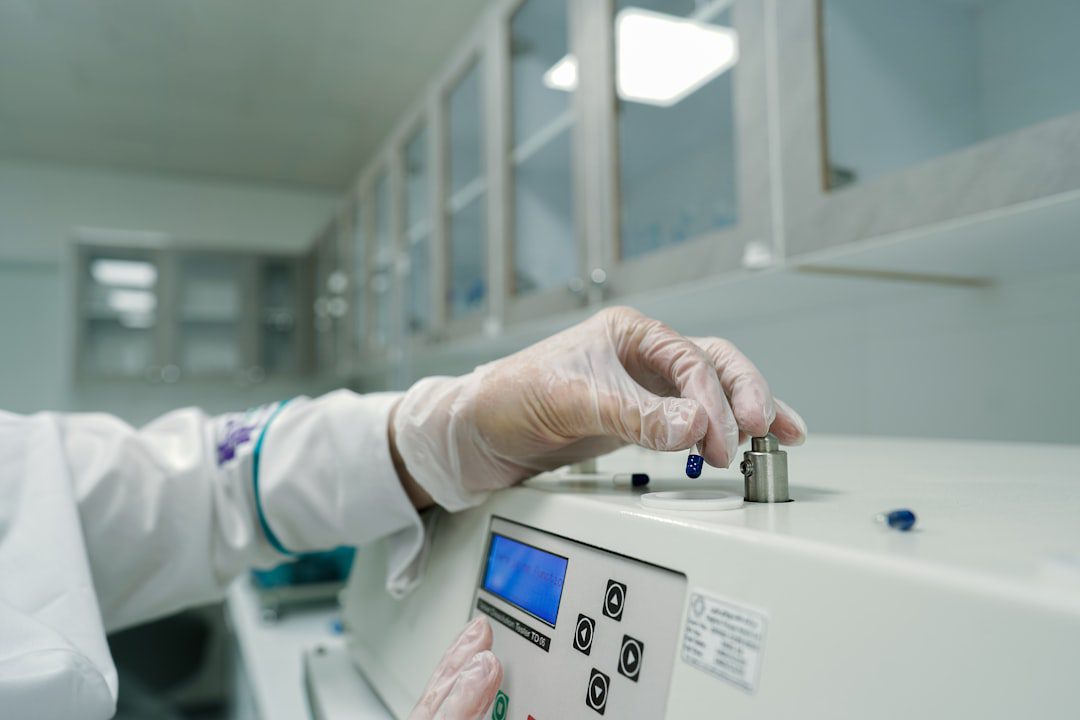
The Counterintuitive Truth About Medical Device Recalls
When most medical device manufacturers hear the word “recall,” it triggers immediate concern about regulatory consequences, financial losses, and reputational damage. However, a former FDA director’s perspective reveals why recalls can actually be a positive indicator of a robust quality management system when viewed through the right lens.
Understanding the FDA’s Quality System Philosophy
The FDA’s approach to medical device regulation emphasizes proactive risk identification and mitigation rather than reactive enforcement. From this regulatory perspective, recalls initiated by manufacturers who identify potential safety issues before patient harm occurs demonstrate several critical quality system capabilities:
- Effective post-market surveillance systems that detect issues early
- Robust risk assessment processes per ISO 14971 requirements
- Transparent communication channels between field operations and quality teams
- Proactive decision-making that prioritizes patient safety over short-term business considerations
The Business Case for Proactive Recalls
Medical device manufacturers who initiate voluntary recalls often experience better long-term outcomes compared to those who wait for FDA enforcement action. Here’s why:
Regulatory Benefits
When manufacturers voluntarily recall products upon discovering potential safety issues, the FDA typically views this favorably during inspections and future submissions. This proactive approach demonstrates compliance with CFR Title 21 Part 820 Quality System Regulation requirements for corrective and preventive actions (CAPA).
Risk Mitigation Advantages
Early voluntary recalls help manufacturers:
- Control the narrative around product safety issues
- Limit potential patient harm and associated liability
- Maintain customer trust through transparent communication
- Avoid more severe FDA enforcement actions like warning letters or consent decrees
Key Quality System Indicators That Support Proactive Recalls
Robust Post-Market Surveillance
Effective post-market surveillance systems under ISO 13485 requirements enable manufacturers to detect patterns in customer complaints, service reports, and adverse event data that might indicate emerging safety concerns. This early detection capability is crucial for timely decision-making.
Cross-Functional Risk Assessment Teams
Organizations with strong quality cultures typically have cross-functional teams that include representatives from quality assurance, regulatory affairs, clinical affairs, and senior management. These teams can quickly evaluate potential safety issues and make informed decisions about product recalls.
Clear Decision-Making Protocols
Well-defined procedures for evaluating when to initiate recalls help manufacturers act quickly when safety issues arise. These protocols should align with FDA guidance on voluntary recalls and include specific criteria for different risk levels.
Actionable Steps for Medical Device Manufacturers
Strengthen Your Post-Market Surveillance Program
- Implement systematic processes for collecting and analyzing customer feedback
- Establish clear thresholds for escalating potential safety concerns
- Train field service teams to recognize and report quality issues
- Utilize data analytics tools to identify trends across multiple data sources
Develop Comprehensive Recall Procedures
- Create detailed recall procedures that align with FDA guidance
- Establish clear roles and responsibilities for recall team members
- Develop communication templates for various stakeholders
- Conduct regular recall simulation exercises to test your procedures
Foster a Proactive Quality Culture
- Train employees to view quality issues as opportunities for improvement
- Reward teams for identifying and addressing potential problems early
- Ensure senior management supports quality-driven decision-making
- Regularly communicate the business value of proactive quality management
The Bottom Line for Compliance
While no manufacturer wants to recall products, the ability to identify and address safety concerns proactively demonstrates regulatory maturity and commitment to patient safety. Medical device manufacturers should view their recall readiness as a critical component of their overall quality management system, not just a reactive measure for crisis management.
By embracing the FDA’s perspective that voluntary recalls can indicate healthy quality systems, manufacturers can transform their approach to risk management and build stronger relationships with regulators, customers, and patients alike.


No comments yet. Be the first to comment!